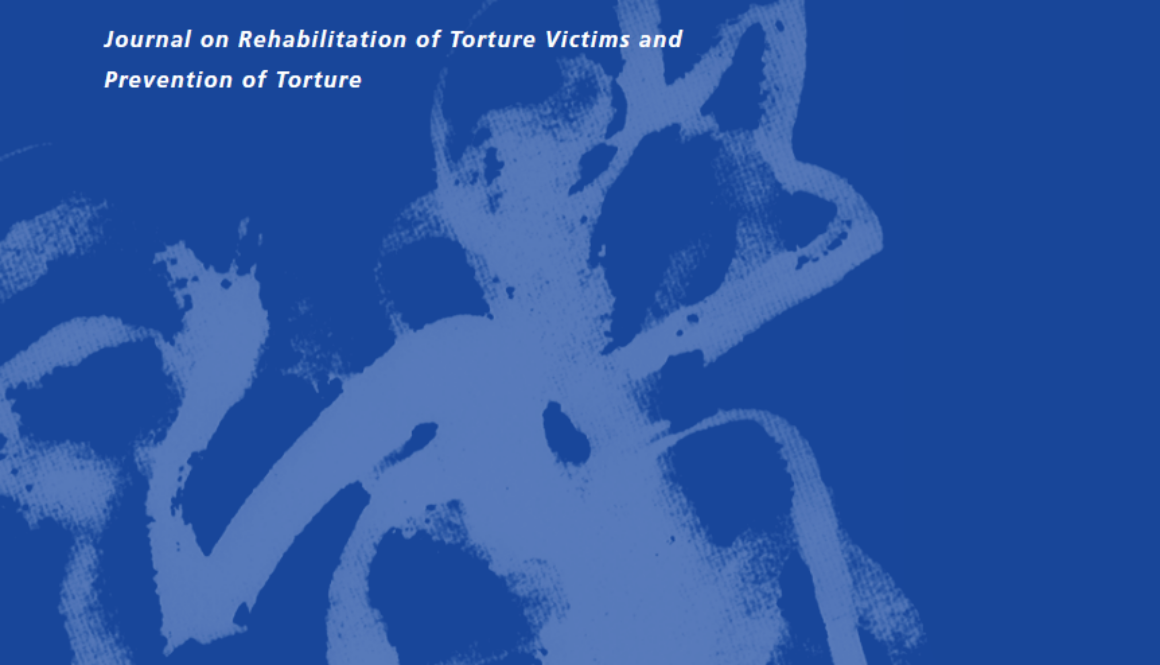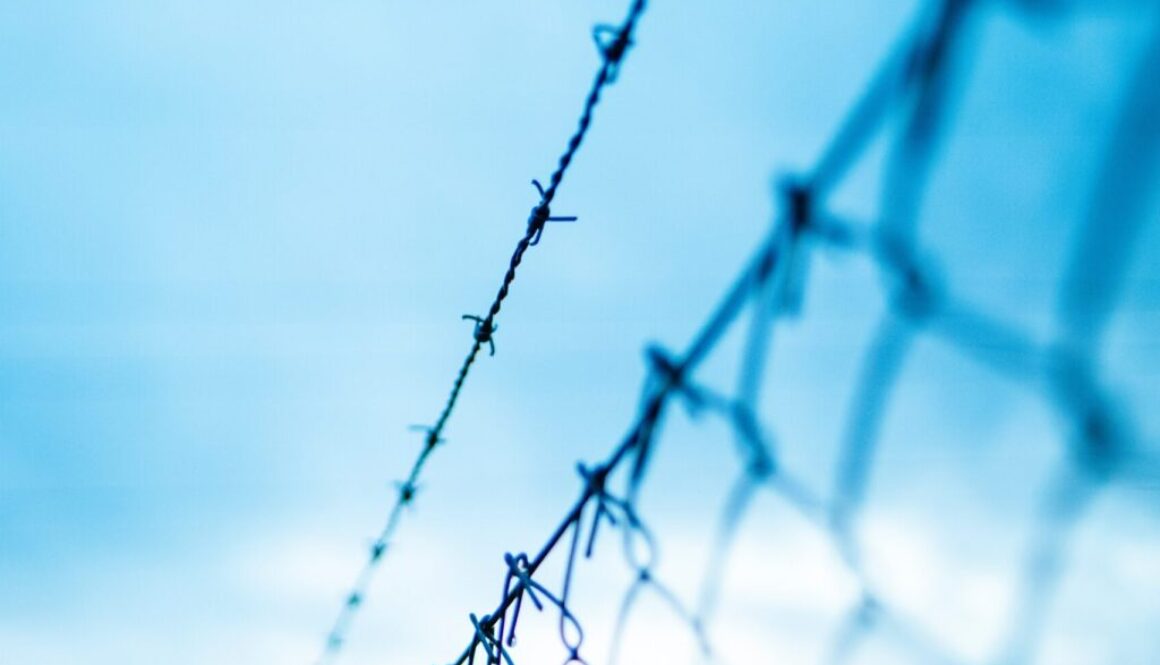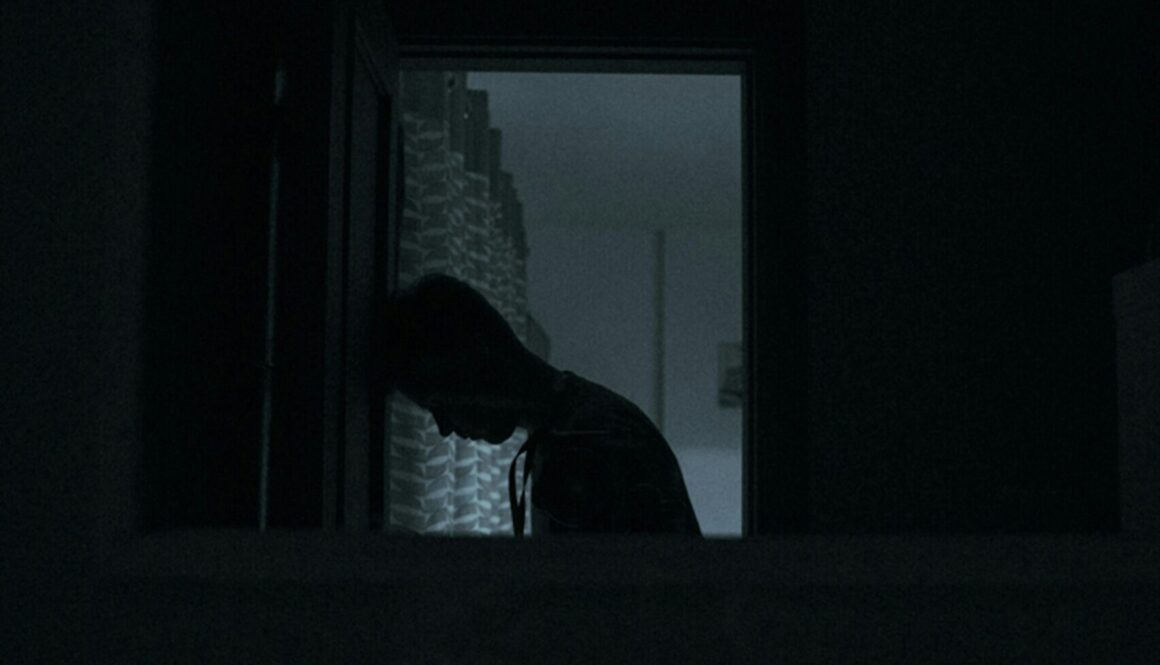The scars left by sexual violence are often more psychological than physical. This is also the case with 40-year-old Carolina*. She is an only child and grows up with an aunt because her mother was too young to take care of her. Her father dies when she is still young. Conform local custom her family chooses a partner for her, but she decides to marry the man of her choice. Shortly thereafter, her mother dies. Her family blames Carolina for her mother’s death, proclaiming it is the result of her refusal to consent to the arranged marriage.
Carolina and her husband are happy together. In addition to their work, they help street children. These children are regularly assaulted and sexually abused by soldiers. They give them shelter, food and see to their safety. The soldiers try to counter this. They have to be careful because “the soldiers wanted the children for themselves.”
At one point, riots break out in the country. There is unrest in many places. Soldiers invade the premises of their organization in search of her and her husband. During this time Carolina has to flee several times, is arrested, raped and abused. She is beaten with weapons, kicked, burned with cigarettes and other objects. Furthermore, she is imprisoned several times. She has to stay in crowded cells without toilets and sanitation.
The rapes and beatings continue, until a prison chief hears her crying and mumbling in her native language. He recognizes the language because he is from the same area and helps her flee.
Carolina manages to escape but during the flight she is forced into prostitution several times. She is also raped several times by those who say they want to help her. In Europe, she is supposed to pay back the cost of her journey by working in prostitution. At Schiphol Airport, however, she is stopped by the Dutch military police.
Carolina is ashamed about what she has been through. She ends up in jail in the Netherlands, afraid and no longer trusting anyone. Before the assessment at iMMO, she never told anyone about the sexual violence.
During the iMMO assessment, it is noticeable that she falls silent at times. This happens especially while recounting the sexual violence. When the researchers ask about this, she indicates that she is distracted. The images of these rapes intrude on her. She prefers not to talk about it. In daily life, she has difficulty with loud noises and the smell of excrement. These smells and sounds bring up images she wants to forget. Her most unpleasant re-experiences are the memories of the rapes in the presence of her husband.
Scattered over Carolina’s body, several dozen scars are identified from multiple acts of violence, including a scar in the genital area. In accordance with the Istanbul Protocol, most of these scars are assessed as highly consistent. There are psychological problems that can be related to the asylum story. Specific re-experiences, triggers for the re-experiences, avoidance and distrust are typical in content and nature of the claimed asylum narrative as indicated by her.
In Carolina’s case, there is one genital scar to mark the sexual violence suffered. Often rape leaves no visible injuries or scars. This is the paradox of sexual violence, which often actually produces a lot of psychological damage and relatively few visible physical scars. In this case, the scars from the other violence contributed substantially to the conclusion of the assessment. This illustrates the importance of conducting a full investigation.
The iMMO report was introduced in the repeated asylum application. (See case law for follow-up.)
* All names are fictitious.










